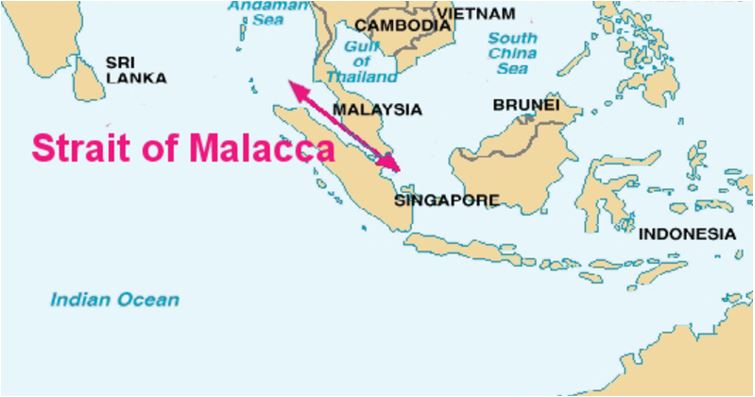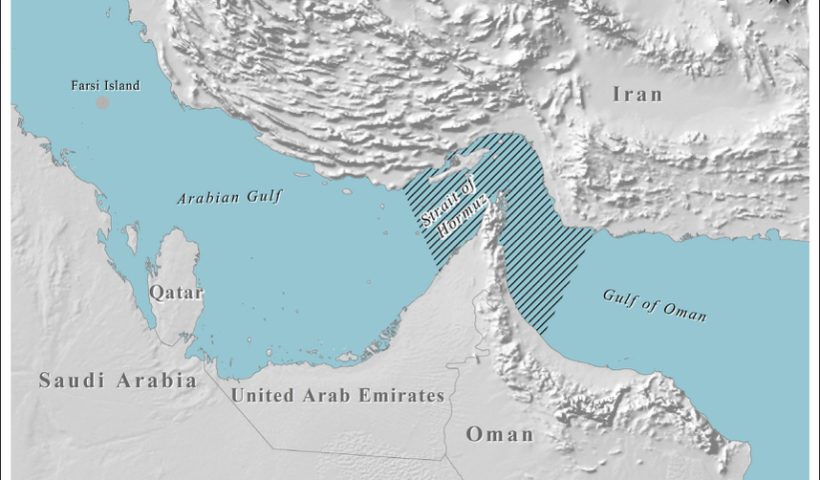The straits under Part III of the LOSC contain two types of straits: straits to which the regime of transit passage applies and straits to which the right of innocent passage applies.
The first type concerns straits to which the regime of transit passage applies. In this regard, Article 37 provides: This section applies to straits which are used for international navigation between one part of the high seas or an exclusive economic zone and another part of the high seas or an exclusive economic zone. This provision contains two criteria for identifying international straits under Part III.
The first is the geographical criterion. Such straits are those connecting ‘one part of the high seas or an exclusive economic zone and another part of the high seas or an exclusive economic zone’. The second is the functional criterion, namely ‘straits used for international navigation’. Concerning the relationship between the two criteria, the ICJ, in the Corfu Channel case, seemed to consider that the geographical criterion provided the primary criterion… what is the meaning of INTERNATIONAL STRAITS and its legal issues (typology and rules), Åland Islands, Åland Strait, archipelagic waters, Arctic Ocean, Arctic waters, Article 36 of the LOSC, Atlantic Oceans, Corfu Channel judgment, Dardanelles, Dover Strait, EEZ, international navigation, international shipping, international straits, LOSC, Montreux Convention, non-suspendable innocent passage, Osumi Strait, right of innocent passage, Strait of Gibraltar, Strait of Magellan, Straits of Malacca, territorial sea, territorialisation, transit passage, Turkish Straits
Tag: Corfu Channel judgment
The Obligations of the Coastal State Concerning Innocent Passage (treaties and customary international law)
In light of the importance of sea communication for all States, the LOSC places certain obligations upon the coastal State to ensure the interests of navigation in its territorial sea.
First, under Article 24(1) of the LOSC, the coastal State is obliged not to hamper the innocent passage of foreign ships and not to discriminate in form or in fact against the ships of any State or against ships carrying cargoes to, from or on behalf of any State.
Second, the coastal State is under the obligation to give appropriate publicity to any danger to navigation under Article 24(2). This obligation follows from the dictum in the Corfu Channel judgment.
Third, no charge may be levied upon foreign ships by reason only of their passage through the territorial sea pursuant to Article 26.. The Obligations of the Coastal State Concerning Innocent Passage (treaties and customary international law), Article 24(1) of the LOSC, coastal State, Corfu Channel judgment, Innocent Passage


